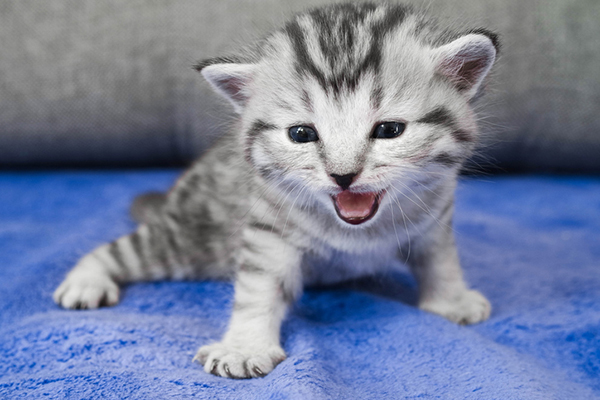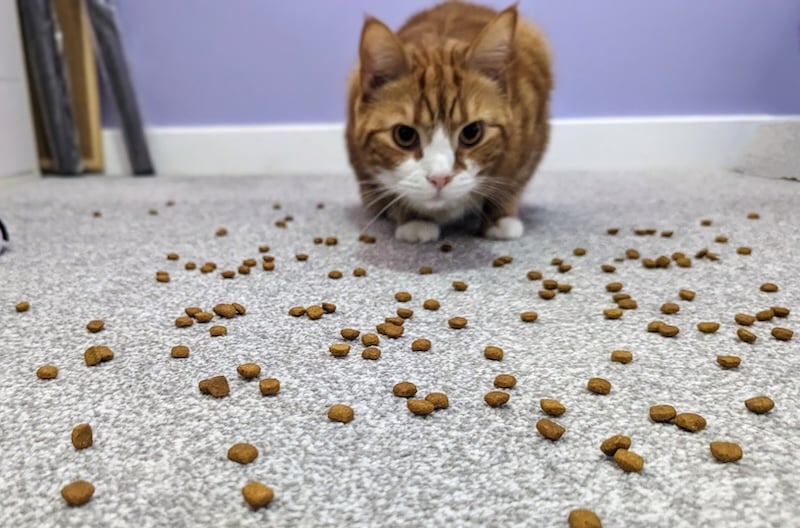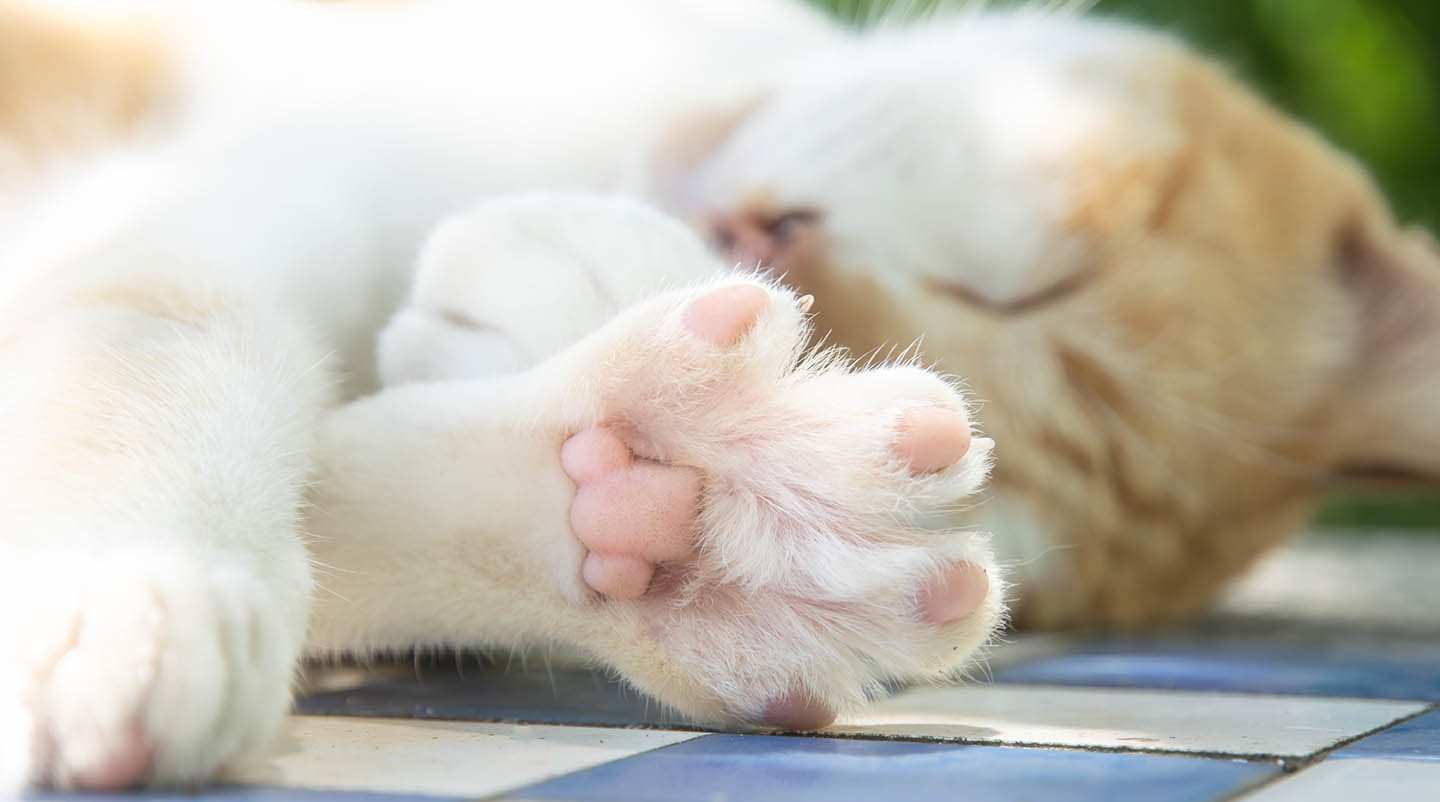It’s one of our favorite cat sounds: the high-pitched, squeaky “mew” of kittens meowing. That squeal is so adorable and “Awww”-inspiring that we almost wouldn’t mind if it woke us up from a nap. And, like human babies, those pint-sized kittens can have some loud, impressive pipes! Let’s look at some videos to hear some of those adorable kitten meowing sounds — and find out more about what they mean!
Kittens meow to communicate with their mother cats at first
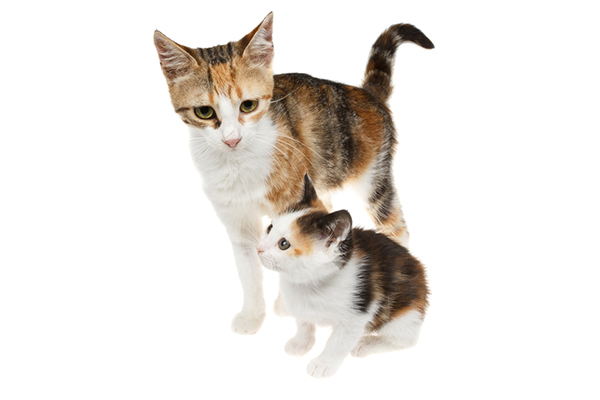
Kittens are born with their ears and eyes sealed shut, but they can feel the vibrations of their mother’s purrs, says Amy Shojai, a Texas-based certified animal behavior consultant and author of pet books, including Complete Kitten Care. The kittens can exercise their vocal cords and meow from birth, but they usually begin experimenting with vocalizations once they start to toddle around and explore their world.
Felines are vocal animals, and they start “talking” as babies as a way of communicating with their mothers and littermates, says Marilyn Krieger, aka The Cat Coach, a certified cat behavior consultant in the San Francisco Bay Area. Kittens meowing serves the same purpose as a human baby cry: It makes a demand and gets mom’s attention.
“When they are newborns, their little mews successfully let their mums know when they are hungry, frightened and cold,” Krieger says. “When separated from their mums, kittens mew their angst and, instinctually, most mums rush to find and comfort their vulnerable little ones.”
Outside of meowing, kittens communicate with their mothers via purring, touch, body language and scents.
Kittens meowing is a two-way street
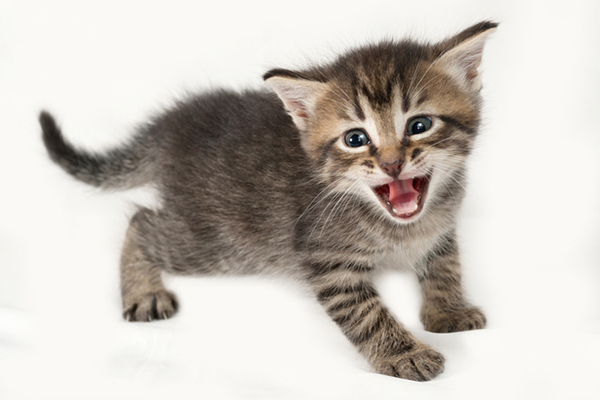
Acoustic communication between cat mothers and kittens works both ways. Moms interact with their kittens vocally, too, and kittens get very attached to their mom’s sound. A study published in 2016 in Developmental Psychobiology, a peer-reviewed science journal, found that kittens who listened to playbacks of greeting “chirps” and meows from both their own mothers and stranger cats reacted much more strongly to their own moms’ vocalizations.
Kittens tend to take after their mothers vocally, Shojai says, and cats have varying personalities, often based on breed. A Siamese mother and her kittens may be more talkative, while a Chartreux mom and her litter may be quieter.
Why do kittens meowing sound so squeaky?
For many kittens, the baby-size meow sounds a bit like a squeaker toy. Physically, this sound results from the size of the kitten’s body — smaller than that of the more alto-voiced adult cat — along with the immaturity of the larynx, mouth and sinus spaces, and vocal chords. These body conditions produce meows that are softer, higher-pitched and often shorter in length, Shojai says.
As the kitten matures, so does his voice, just like a growing human’s voice deepens. However, curiously, some cats retain their kitten squeak well into adulthood, Shojai says. Typically, though, felines will produce an adult-sounding cat meow — with a lower pitch and longer range — between about 9 and 14 months of age, when they reach full physical size.
Kittens meow to communicate with littermates and humans, too
It’s not just mama cats that kittens communicate with when they meow. When kittens start interacting with their siblings after several weeks, they learn important social skills and boundaries through their meows, Krieger says.
“If the wrestling and playing becomes too intense or one is hurt, the little one communicates his or her angst through loud meows,” she says. “This usually is enough for the kittens to back off and stop playing.”
As kittens mature, they learn that their meowing works on humans the way it does with their mothers (think of those “Feed me!” meows, and watch the video above!). Both adult cats and savvy kittens use meows mostly to communicate with humans, rather than with each other, Shojai says.
Thumbnail: Photography ©AlinaMaksimova | Thinkstock.
Read more about cat sounds on Catster.com:

